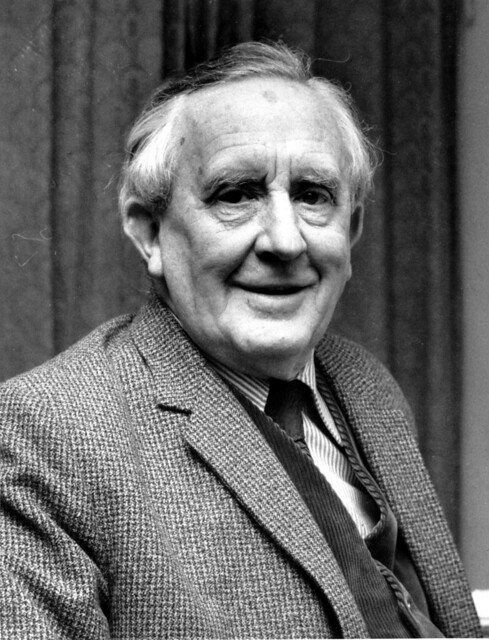
After my last post here about Holy Communion, where I spoke of frequent Communion, I was moved indeed to receive the following from Matthew:
I know exactly what you mean Roger. After Mass I have often felt uplifted and strengthened. It is a subtle feeling which is all too easily missed if you are in a rush, but which can be very nourishing.
I find that the sense of peace and wholesomeness can even persist into the week, if I only go on a Sunday, and that the more I devote my will and heart to worship, the more nourishment it provides.
There are some literary parallels which may provide descriptions for those who have never received the sacrament of the Eucharist.
For instance, J.R.R. Tolkien, a Catholic and a daily communicant, has given us the elvish bread called Lembas or waybread in The Lord of the Rings. This is obviously etymologically similar to the viaticum – bread for the journey – here is a description:
“As for himself, though weary and under a shadow of fear, [Sam] still had some strength left.
The lembas had a virtue without which they would long ago have lain down to die. It did not satisfy desire, and at times Sam’s mind was filled with the memories of food, and the longing for simple bread and meats.
And yet this waybread of the Elves had a potency that increased as travelers relied on it alone and did not mingle it with other foods.
It fed the will, and it gave strength to endure, and to master sinew and limb beyond the measure of mortal kind.” (Return of the King, 262)

Matthew, I am thrilled to have this comment and, in a moment, I will tell you why.
First, however, you have mentioned that Tolkien was indeed a ‘daily communicant’.
Let me add to your own quote, a further one from his pen:
‘The only cure for sagging or fainting faith is Communion….
Like the act of Faith, it must be continuous and grow by exercise.
Frequency is of the highest effect. Seven times a week is more nourishing than seven times at intervals.’
This I have found on the internet. It appears to come from his personal correspondence to his son and I would love to know exactly where …
But as much as I want to affirm Tolkien in speaking ‘of the highest effect’ of daily communion, I really want to turn to your own comments, Matthew.
I am not only truly grateful for these, but you have served to sharpen something in my mind. Let me explain. Last time, I explained a hesitancy in publishing what I said, even wondering if I should excise it from my manuscript for my upcoming book. (2023 Update: Now published as Cor Jesu Sacratissimum, as advertised on this page.)

Yet after your comments, all my doubts vanish. And in my soul I hear this wonderful, roaring NO! No: do not excise this passage. Do not hesitate to speak of the personal experience of the Eucharist, however falteringly …
For such may be one of the most important things Catholics can do today. All this your comment gave me, Matthew. Of course, I know of what you speak. But I thank you for testifying to people who may not know of what you speak.
The world faces terrible problems.
J. R. R. Tolkien was willing to give advice regarding communion in his private correspondence. And as you have beautifully pointed out, he appears to have offered:
some literary parallels which may provide descriptions for those who have never received the sacrament of the Eucharist.
But perhaps far more is needed now than private corresondence or ‘literary parallels’. For we live in an age which cherishes psychological experience. People ‘share’ much more of their intimate experience than ever before – including on the internet.
In Tolkien’s time, people were generally much more reserved and private. Then, it may have been appropriate for people to be more discreet and only speak publicly via literary metaphors.
Now, the world drowns in materialism. Now, we need whatever can strengthen us And now personal testimony may be needed to let others know that that this source of strength and nourishment is available to them, if they wish.
Alas, communicating this may not be appreciated. For as I have also said elsewhere in my manuscript:
What am I to do? If I were to tell my New Age friends that I have discovered a new therapy, a new form of holistic healing, a new meditation technique, they would listen to me with interest.
But if instead, I say, that I have not discovered something new, but rather something very old, what will they say?
What will they say, if I share that I have found something more healing than anything I ever found as a New Ager?
From long personal experience, the response is all too easy to imagine.
For I know that I may risk severe judgment – that I will be judged as that most dreadful creatures: an evangeliser – proselytising my belief-system!
No, I feel forbidden to speak of my Catholicism with any passion.
It is only New Age things that can be spoken of with enthusiasm. What a wonderful full moon meditation that was! What a wonderful healing session I just had! What an incredible OM we just sounded together! But not what a wondrous Communion I just had and how for this I am grateful beyond measure, day after day …
Foreword for Monarchy by Roger Buck
Buying Books at Amazon Through These Links Gives Us a Commission. This Supports Our Apostolate. Thank You if You Can Help Us Like This!





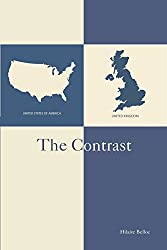
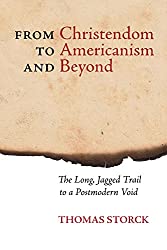
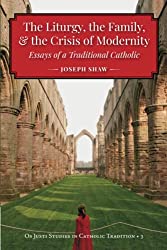
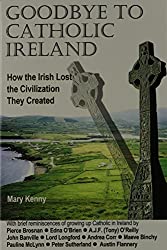
Comments
comments are currently closed
5 responses to “On J.R.R. Tolkien and the Magic of Frequent Communion”
you are so right about reception of the blessed sacrament !!it is our lord who dwells in us during holy communion.your faith is strong and your writings inspire me -and many, many others .keep writing!!god bless you .philip johnson.
Philip, five years later I am looking at this and realise I never responded! I am sorry – and I thank you for your kind, encouraging words, here and elsewhere. Also your FAITH in the Blessed Sacrament …
[…] To further clarify this extract – ripped as it from the greater context of my manuscript – I should say that it occurs in a section of the book where I am very much writing as someone who needs the Mass daily (a familiar theme at this website – see here, for example). […]
[…] (There is more from Tolkien about this here.) […]
[…] Ultimately, there’s one stimulus to faith greater than any other. […]